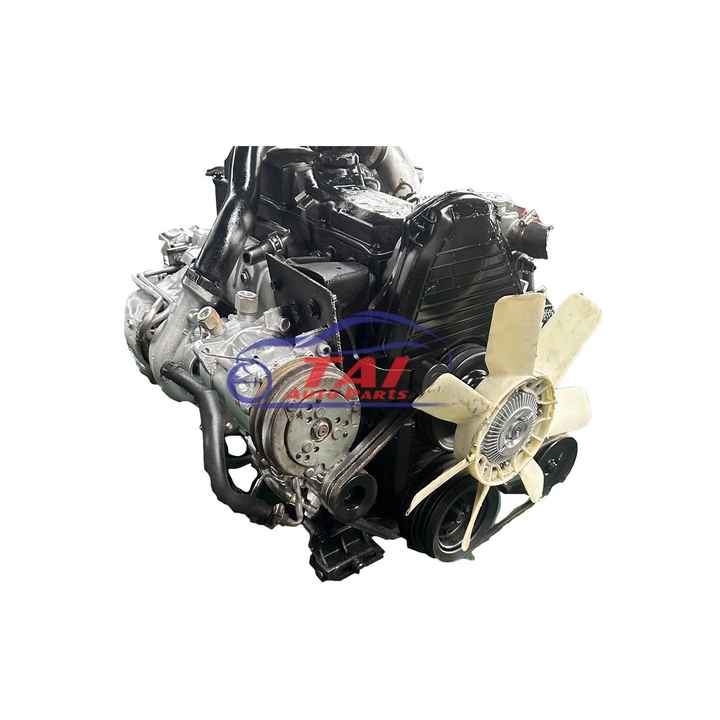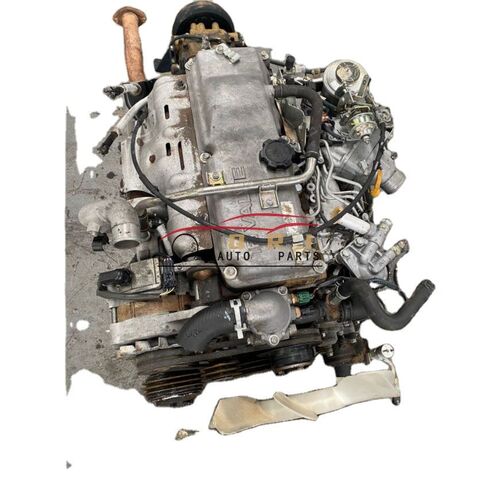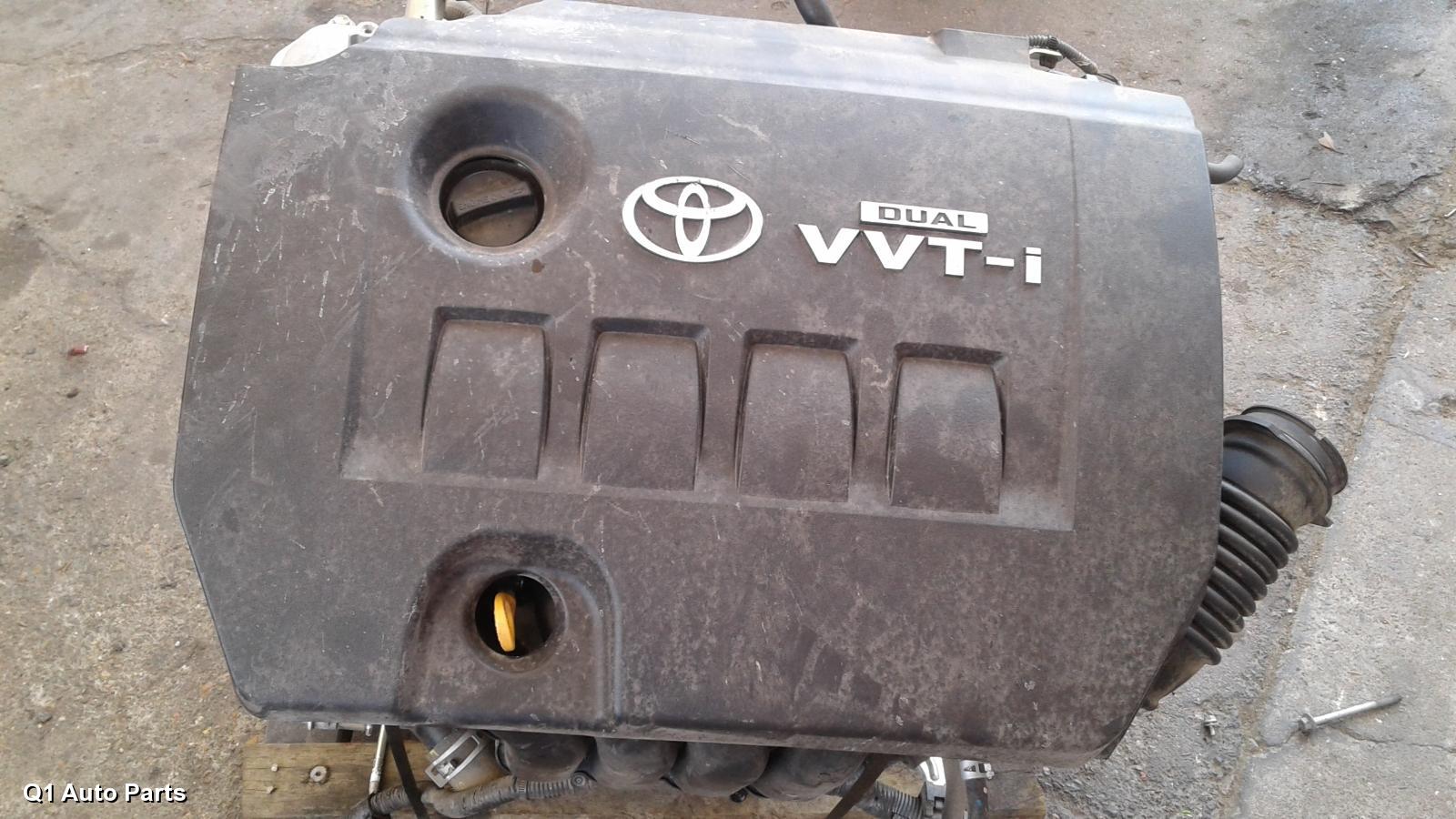Toyota RunX RSI: Features That Appeal to Fanatics and Everyday Drivers
Toyota RunX RSI: Features That Appeal to Fanatics and Everyday Drivers
Blog Article
Explore Quality and Worth: Your Guide to Buying a Pre-owned Engine
When taking into consideration the purchase of a used engine, understanding the complex equilibrium in between quality and value is critical. An extensive analysis of engine integrity, condition, and background is vital to make certain a sound financial investment. By conducting appropriate examinations and research, prospective customers can browse the complexities of the marketplace better. However, the nuances of service warranty alternatives and prices strategies can substantially affect the general decision-making process. As you contemplate these elements, one inquiry stays: what certain components will ultimately guide your choice in this vital financial investment?
Recognizing Engine Types
When taking into consideration the purchase of a used engine, comprehension of the numerous engine types is vital for making a notified choice. Engines can generally be categorized right into 2 main types: interior combustion engines and electrical engines.
On the various other hand, electric engines make use of electrical power kept in batteries to power the lorry, using a cleaner choice with fewer moving components and reduced maintenance requirements. Within these categories, there are better differences, such as four-stroke versus two-stroke interior combustion engines, and different electric motor configurations.
Recognizing these differences is crucial, as they impact efficiency, compatibility with existing vehicle systems, and long-lasting operational costs. By familiarizing oneself with the various kinds of engines readily available, potential purchasers can much better assess their needs and make choices that line up with their vehicle's requirements and their personal preferences.

Examining Engine Condition
A comprehensive assessment of engine condition is extremely important for anyone considering the acquisition of a second-hand engine. Begin with a visual inspection; check for indications of oil leaks, corrosion, or any type of physical damage to the engine block. A clean engine is often a sign of great maintenance methods, while too much crud might suggest neglect.
Following, evaluate the engine's components, consisting of the timing belt, gaskets, and seals. Look for wear and tear, as these components can be costly to replace. Additionally, examine the engine installs, as harmed installs may lead to vibrations and further mechanical concerns.
A compression test is essential to determine internal engine health. Uniform compression throughout all cyndrical tubes indicates a well-kept engine, whereas significant disparities might point to inner damage or wear.
Listening to the engine during a startup can offer important understandings; any type of unusual sounds, such as knocking or rattling, may recommend deeper problems. If possible, request a test run to evaluate performance under tons. By meticulously examining these factors, prospective purchasers can make informed choices and protect a quality pre-owned engine.
Checking Engine History
Recognizing the engine's history is vital for making a well-informed purchase. Understanding of previous use, maintenance documents, and any previous damages can considerably influence the engine's reliability and longevity. Beginning by requesting the automobile identification number (VIN) or engine identification number, which enables additional reading you to map the engine's history.
Utilize offered sources, such as Carfax or AutoCheck, to acquire a car background record. This record will give important insights, including crash background, service documents, and previous ownership details. Toyota RunX RSI. Pay specific focus to any kind of indications of serious damages or repeated repair services, which might suggest underlying issues
Ask about upkeep routines carried out on the engine. Regular oil adjustments, timing belt replacements, and other safety nets show liable possession. Furthermore, ask if the engine has gone through any type of modifications, as non-standard modifications can impact efficiency and compatibility with your lorry.
Finally, if feasible, seek verification from a trusted technician that can assess the engine's condition based on its history (Toyota RunX RSI). This complete examination will certainly assist you prevent possible challenges and make sure that your financial investment is audio and rewarding
Guarantee and Return Plans
Getting a pre-owned engine frequently features differing guarantee and return plans that can considerably affect your decision. When taking into consideration a made use of engine, it is necessary to completely review the warranty options given by the seller. Some suppliers may provide minimal warranties that cover specific components for a specified period, while others may provide even more extensive insurance coverage. Recognizing the terms and problems affixed to these warranties is critical, as they can affect the long-term value and integrity of your acquisition.

Moreover, reputable sellers typically supply documents that details the guarantee and return procedure, making sure openness. Always ask for this information before finalizing your acquisition. A distinct guarantee and return plan can give tranquility of mind and secure your financial investment, making it an essential component of the decision-making process when buying a second-hand engine.
Discovering the very best Bargains
When looking for the finest deals on a used engine, it is crucial to conduct thorough research and compare prices from numerous vendors. Begin by exploring online markets, automotive online forums, and local salvage yards to gather a thorough understanding of the marketplace. Making use of rate comparison tools can simplify this process, highlighting competitive prices throughout different systems.

Think about timing your purchase purposefully. Seasonal variations sought after can affect prices, with specific times of the year offering better offers. Additionally, be open to discussing prices; many vendors may be ready to lower their asking price, particularly if the engine has been provided for an extensive duration.
Conclusion
In summary, buying a second-hand engine necessitates an extensive evaluation of high quality and value. Assessing engine condition with examinations and examinations, validating its history, and comprehending guarantee and return plans are important actions.
When considering the purchase of a second-hand engine, understanding of the numerous engine types is necessary for making a notified decision. Engines can normally be categorized into 2 major kinds: internal combustion engines and electrical engines. Gas engines are commonly lighter and rev higher, making them appropriate for performance lorries, while diesel engines are renowned for their torque and gas effectiveness, often preferred in durable applications.
An extensive assessment of engine problem is critical for anyone considering the acquisition of a used engine. Begin by requesting the lorry identification number (VIN) or engine serial number, which enables you to trace the engine's history.
Report this page